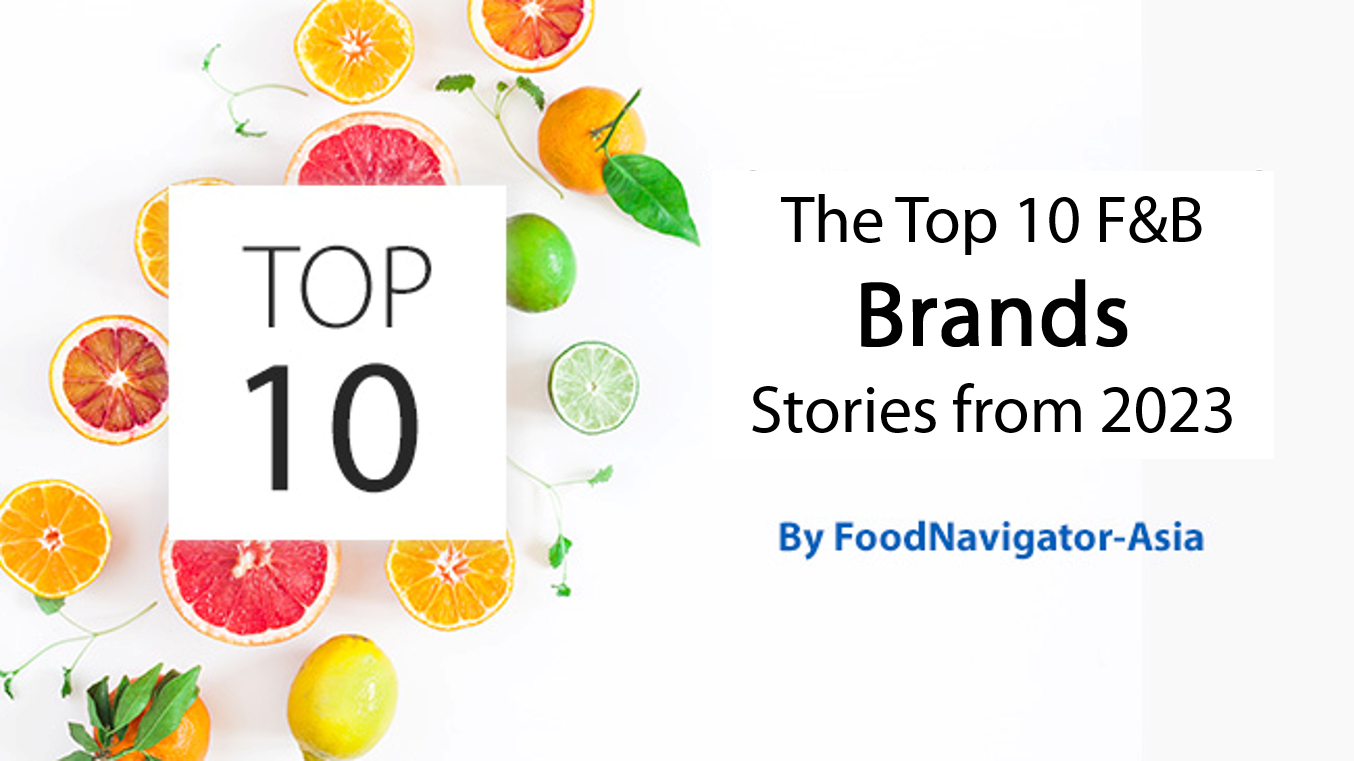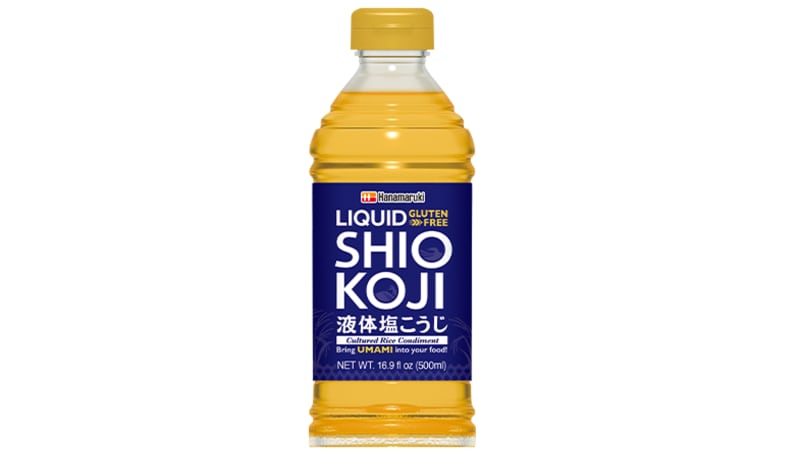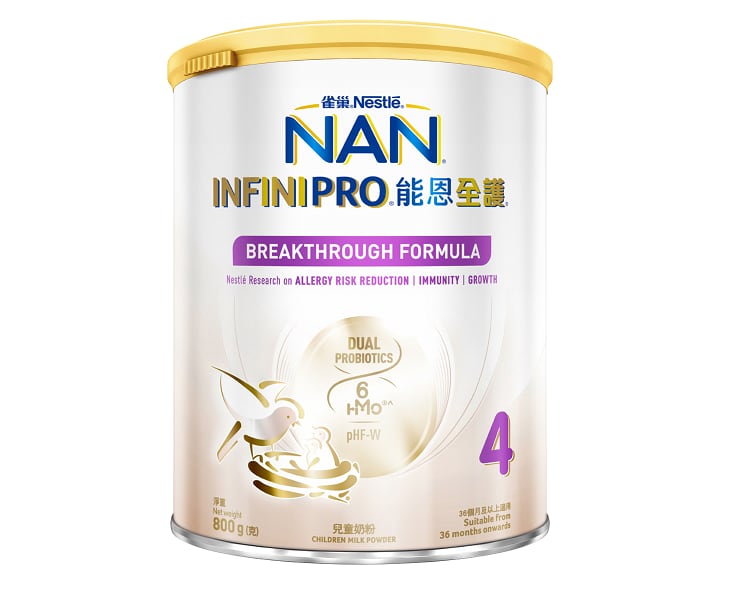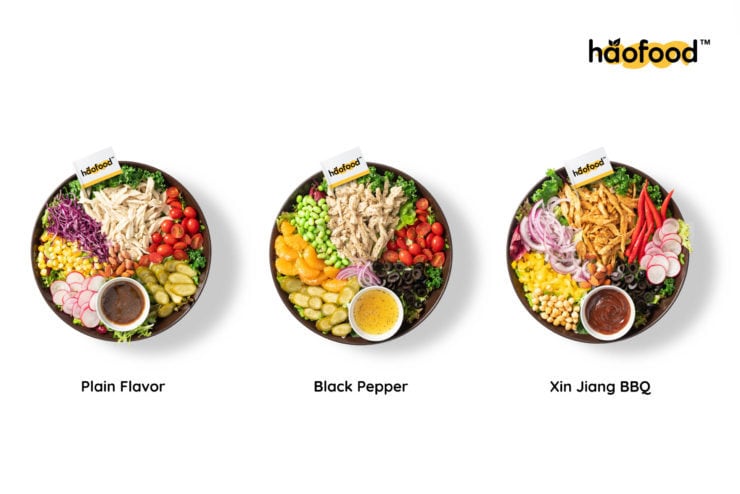Standing strong: Nestle’s affordable products strategy boosts emerging market growth
Nestle’s strategy to focus on product affordability and accessibility appears to have paid off in 2022, with the firm seeing more significant growth from its business in emerging markets even amid inflationary and economic turbulence.
Nestle published its FY2022 full year financial results on February 16, announcing total year-on-year organic sales growth of 8.3% to CHF94.4bn (US$136.5bn) and a 16% increase in operating profit to CHF16.1bn (US$23.3bn), though profit margins were reported to have dropped by 30 basis points (0.3%) to 17.1% overall.
That said, Nestle CEO Mark Schneider expressed overall satisfaction with the company’s 2022 performance especially given the challenging global environment.
Upgrades and opportunities: Kraft Heinz pumps investment into Indonesia, eyes meat replacement innovation
Global food giant Kraft Heinz says investment in an upgraded facility and new sustainability pledges reaffirm its commitment to the crucial Indonesia market, while it has also revealed it is examining opportunities in the meat replacement space.
The firm’s largest production facility in the Asian region is located in Indonesia, mostly focused on the production of its ABC branded products which are a leader in terms of market share in the country.
Most recently, Kraft Heinz poured in a total of IDR1.2tn (US$84mn) in CAPEX investment to upgrade this site, installing modernised processing equipment, solar energy and waste water management systems.
More than the Real Thing: Chinese consumers want emotion and culture, not just drinks - Coca-Cola
Product innovation, technology and data alone are no longer sufficient to make strides in the China beverage sector with consumers increasingly wanting ‘emotion and culture’ alongside their drinks, Coca-Cola has claimed.
The company is no stranger to innovation and the science behind creating new drink options, but earlier voiced its belief that there is a need to go beyond the R&D and tug at consumer heartstrings in order to remain at the forefront of the beverage sector in China.
“From a scientific point of view, innovation needs to focus on technology and data, but although there is always need for this, experience tells us that it is no longer enough to create truly satisfactory products for consumers here,” Coca-Cola APAC R&D Centre Senior Director Amy Song said.
Caffeine culture: Nestle, Suntory among coffee brands highlighting localisation and RTD innovation as key drivers
Coffee consumers in the Asia Pacific region have been increasingly making purchasing decisions that are driven by by localisation and ready-to-drink format innovation, according to industry heavyweights such as Nestle, Suntory and Movenpick.
This were the findings in the Coffee edition of our FNA Deep Dive industry analysis series, where we spoke to several of the biggest coffee brands as well as industry-leading trailblazers in the APAC region.
Coffee has remained a mainstay for consumers both as a morning wake-up beverage as well as a stimulant of sorts throughout busy days and nights for many centuries, but whilst the age-old tradition of having a hot cup of coffee in the morning is still a common practice, the sector has undergone significant evolution in the trends driving its growth.
One major area of focus amongst coffee brands has been localised innovation, with household names such as Nestle having specifically developed local variants of coffee to meet local consumer needs in several of its markets under the NESCAFE brand.
Paper power: Nestle moves plastic reduction ambitions one step closer to APAC region with Australia pilot
Nestle moved one step closer towards its ambitions to reduce plastic packaging in APAC earlier this year with its latest announcement of a paper packaging trial for chocolate in Australia.
The firm had long been vocal of its ambitions to tackle plastic packaging usage and reduce the use of this in the name of sustainability, but the majority of such innovations were targeted mainly at markets with colder climates e.g. Europe and the United States with a major limiting factor for this region being the tropical hot and humid climate here.
Nestle demonstrated its progress towards its plastic reduction goals with the announcement of a new paper packaging pilot in Australia for the KitKat four-finger 45g pack earlier this year, which was also open to public feedback.
Mondelez snacking insights: Brand familiarity and indulgence crucial drivers for AMEA industry growth
Snacking giant Mondelez International highlighted the familiarity of brands as well as consumer demand for indulgence in daily diets as key drivers for snack market growth in the AMEA region.
Mondelez released a version of its State of Snacking 2022 report findings specific to the Asia Pacific, Middle East and Africa (AMEA) region earlier this year, with several key insights focused on consumer purchasing behaviour in this region.
One of its key findings was that brand familiarity is incredibly important to AMEA consumers, with many willing to put in extra effort to gain access to favourite, familiar snacks.
“We found that 75% of consumers in this region would rather buy fewer of their favourite snack brand than buy a generic alternative, even if it is less expensive,” then-Mondelez EVP and AMEA President Maurizio Brusadelli told FoodNavigator-Asia.
Tea is trending but novel innovation needed to entice younger consumers – Unilever, Asahi, YATE insights
Tea-based beverages have been emerging as a growing trend in APAC, but manufacturers have been needing to integrate novelty and excitement into their beverage innovation in order to attract and maintain the attention of younger consumers.
Brewed tea as a hot beverage has been a popular and traditional drink for many years in many parts of the world, including in many East Asian markets like China and Middle Eastern ones like Turkey, and continues to gain traction with consumers in many APAC markets.
Many brands have focused a good deal of effort on innovating within the tea category in recognition of this varying from refreshing to functional options, including big brand names such as Unilever.
“Our Red Label brand has launched a new premium tea, especially designed for pregnant and lactating women,” Hindustani Unilever Ltd (HUL) CEO Sanjay Mehta said when discussing the firm’s innovation strategy.
Protein boost: Mengniu believes China dairy growth lies in RTD protein innovation
China dairy giant Mengniu has highlighted its belief that the direction for domestic dairy growth lies in the development of localised protein product innovation, especially in the form of ready-to-drink beverage formats.
The interest in dairy amongst Chinese consumers has grown since the Chinese government and local industry associations identified this as a crucial source of nutrition in line with the national Healthy China 2030 objective several years ago
That said, this interest has thus far seen the most development in categories such as milk, drinking yoghurt, yoghurt, ice creams and the like, and over the next few years Mengniu believes that consumer demand for products focused on protein will trump other considerations.
“Protein is the most important component when it comes to dairy as it applies across all the life stages,” Mengniu Nutrition and Health GM Ben Wu told us at the Food and Beverage Innovation Forum (FBIF) in Shenzhen, China.
Traceability priority: CP Foods targets blockchain integration for all products after pork and chicken success
Thailand-based protein multinational CP Foods has targeted the full integration of blockchain technology for all its products, after a successful introduction for pork and chicken.
CP Foods announced its in-house CPF Digital Traceability system back in 2015, and has also actively integrated the use of blockchain technology into its system for several product categories over the past few years.
“The quality and safety of food products is our top priority [and we realized that] blockchain traceability technology was a [vital step to] accelerate our traceability system,” CP Foods Assistant Vice President for Global Standards System Oraparn Mungmisri said.





